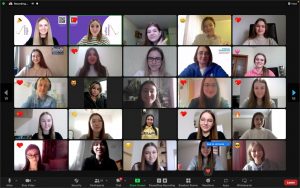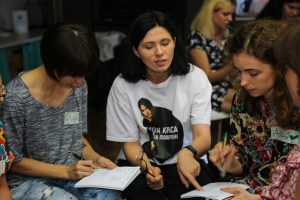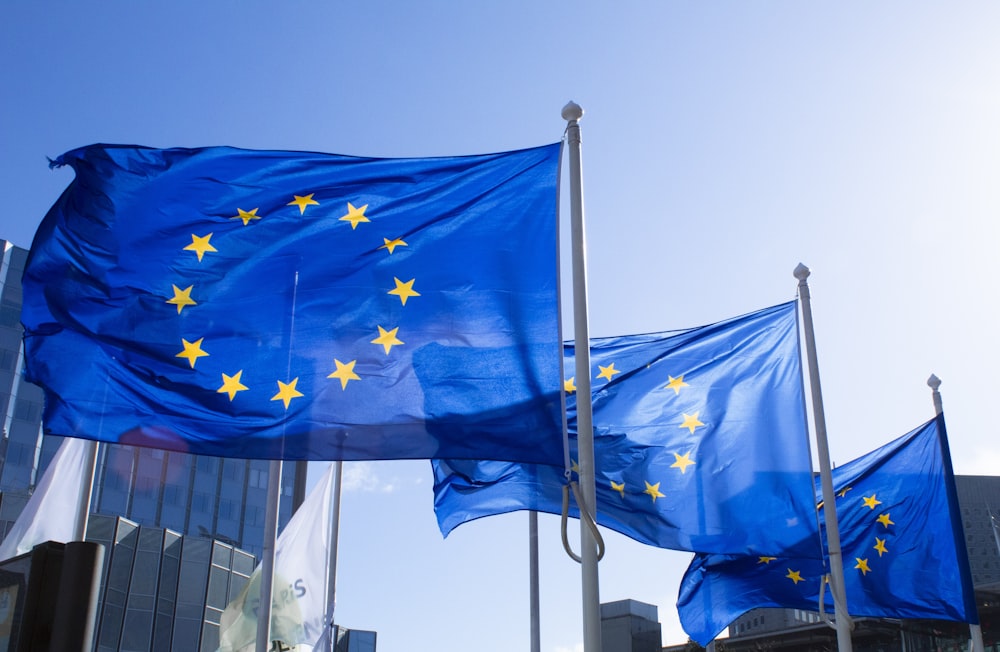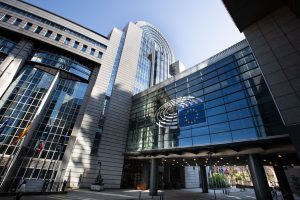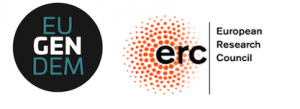What is the political leadership of the vdL Commission? What are the governance structures and power dynamics inside the Commission and in relation to inter-institutional politics? How does the von der Leyen Commission perform in relation to gender equality? How does the Commission unfold leadership with regard to the vision (Leitbild) of a “Union of Equality”? What has been achieved in terms of policy and politics with respect to the six priorities of the Commission? How do the multiple crises affect the gender equality performance?
Given the dynamic nature of the EU political system, studying the development and performance of EU institutions is at the heart of EU studies; with a focus on the three institutions forming the so-called legislative triangle, i.e. European Commission, Council and European Parliament. The key aim of this international workshop is to assess these dynamics through a gender lens during the von der Leyen Commission.
This is an author workshop with an aim to publish an edited volume on the topic. The workshop brings together outstanding scholars from distinct sub-disciplines – EU studies in general, gender and politics scholarship, leadership studies, and from studies on the European Commission in particular. In addition to the international scholars, also Master and PhD students from the University of Tübingen have been invited to attend the workshop from the seminars taught in summer term 2023 by Prof. Abels (“The European Commission put to the test”) and by Prof. Kantola (from 2022-2025 distinguished visiting professor at the University of Tübingen, and the course “Gendering EU institutions and policy-making”).
Programme:
Thursday, 6th of June
Session 1: Introducing the von der Leyen Commission and setting the scene for equality policies
Chair: Gabriele Abels (Discussant)
-
Joyce M. Mushaben, Georgetown University Washington D.C. (Felix Gminder) “Through the Side Door”: Ursula von der Leyen’s Unconventional Path to Power
-
Henriette Müller, New York University Abu Dhabi: The Political Leadership of Ursula von der Leyen in Times of Crisis
-
Sophie Jaquot, Université Saint-Louis – Bruxelles & Agnès Hubert, Gender 5+, Brussels (Alba Maria Kugelmeier López): Union of Equality – a new doctrine for the EU
-
Emanuela Lombardo & Lucrecia Rubio, Complutense University Madrid: (Alba Maria Kugelmeier López): Dealing with opposition against gender equality and LGBT rights in the EU: The defence of equality as a fundamental EU value
Session 2: Internal organizational change & inter-institutional dynamics
Chair: Emanuela Lombardo (Discussant)
-
Hussein Kassim & Sara Connolly, University of East Anglia (online) The Long March to Gender Balance in the European Commission: The von der Leyen Commission in Historical Perspective
-
John Scherpereel, James Madison University, Virginia (Nico Timpe): Von der Leyen’s Gender-balanced Team: A New Way of Operating in the College of Commissioners?
-
Gabriele Abels, University of Tübingen & Johanna Kantola, University of Helsinki: Gendering the EU institutional landscape – von der Leyen Commission’s relations to the European Parliament and the Council
Friday, 7th of June
Session 3: Gendering crises and responses in turbulent times
Chair: Johanna Kantola (Discussant)
-
John Morijn, University of Groningen (online) The von der Leyen Commission and its rule of law protection priority: “big on big and small on small”, or just small on big?
-
Maryna Shevtsova, University of Ljubljana and KU Leuven (Thomas Klöckner): The von der Leyen Commission and LGBTQI policy
-
Amandine Le Bellec, Sciences Po Paris & Jane Freedman, CNRS – Paris: Towards a more gender equal EU migration policy?
-
Stefanie Wöhl, University of Applied Sciences BFI Vienna (Natalie Arndt) Gendering the Covid-19 pandemic
Session 4: Policies and Politics under a gender lens: Investigating the Commission’s six priorities
Chairs: Henriette Müller & Gabriele Abels (Discussant)
-
Annica Kronsell, University of Gothenburg (online): A European Green Deal through an equalities lens
-
Kim Barker & Olga Jurasz, The Open University Milton Keynes: Von der Leyen’s digital Europe: prioritising online equality?
-
Anna Elomäki, University of Tampere: An economy that works for the people: employment and social policy
-
Hanna Muehlenhoff, University of Amsterdam: A stronger Europe in the world?
-
Valentine Berthet, University of Helsinki: Promoting our European way of life – moral politics
-
Alvaro Oleart, Université Libre de Bruxelles (Daniel Kemmler): The Conference on the Future of Europe and the EU Commission citizens’ panels: Technocratic wine in deliberative bottles
Wrap up and outlook
- Michael Bauer, European University Institute, Florence & Henriette Müller, New York University Abu Dhabi: Equality and Multi-Level Governance in the European Union: Conclusions from the von der Leyen Commission
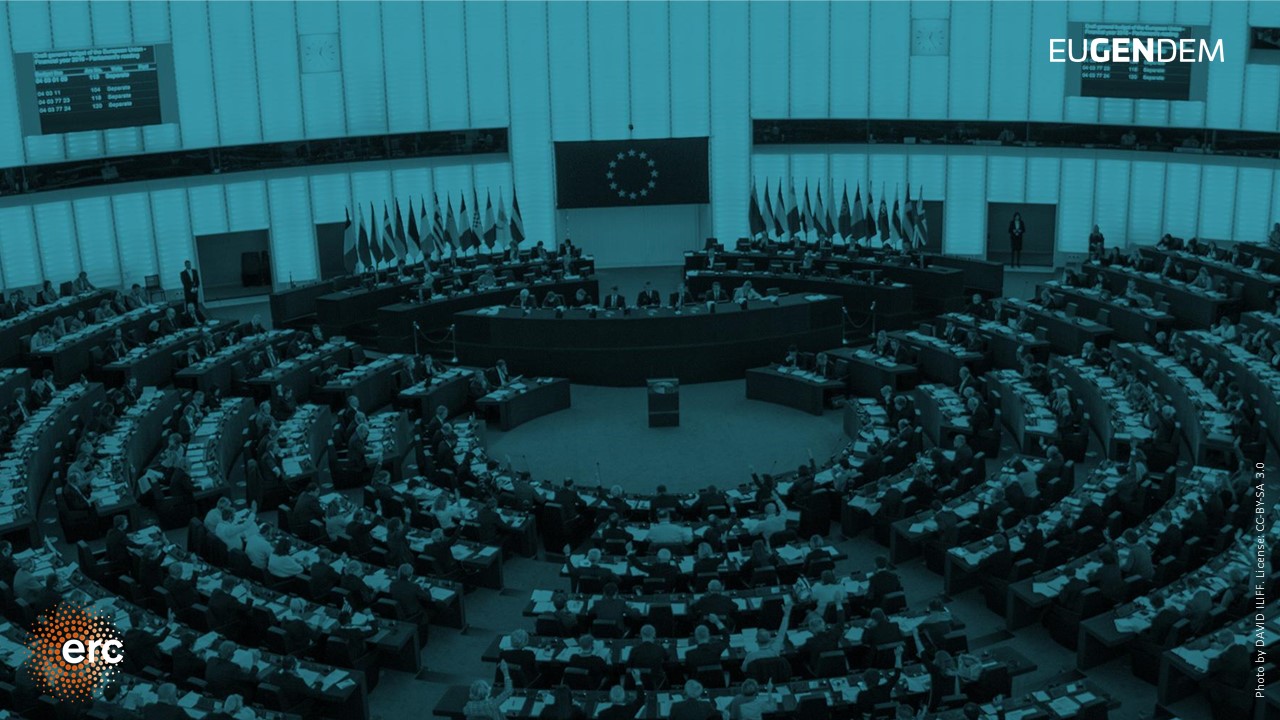
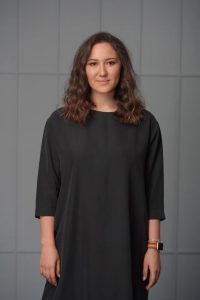 Mariia Tepliakova visited EUGenDem and the University of Helsinki from April to May 2023. We had the pleasure to interview her.
Mariia Tepliakova visited EUGenDem and the University of Helsinki from April to May 2023. We had the pleasure to interview her.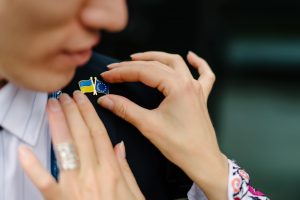 Liliia Antoniuk, Doctoral Researcher, University of Helsinki
Liliia Antoniuk, Doctoral Researcher, University of Helsinki
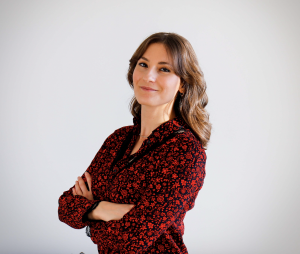
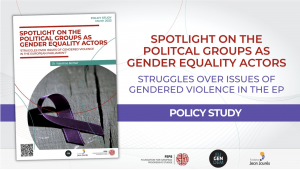
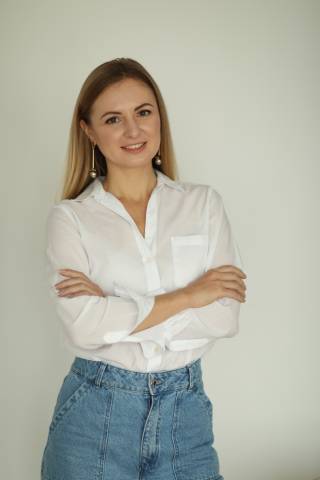 Warm
Warm 
